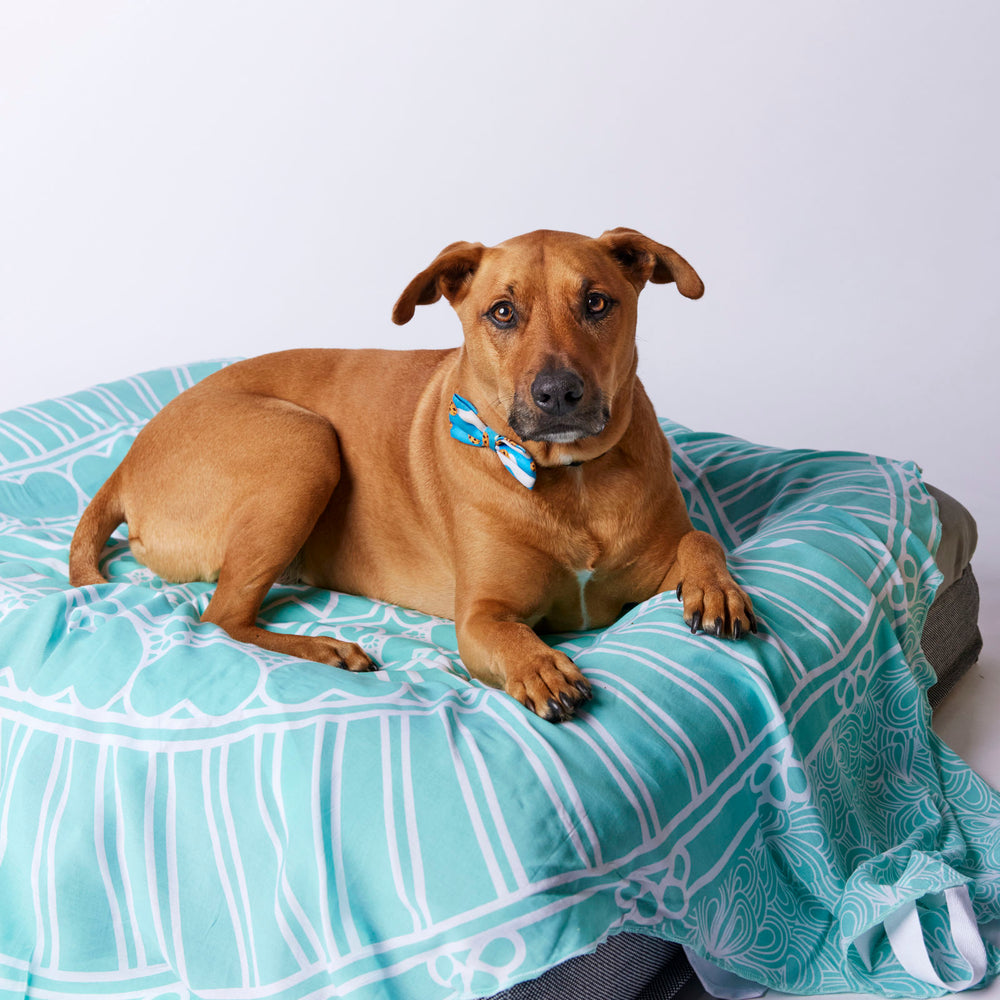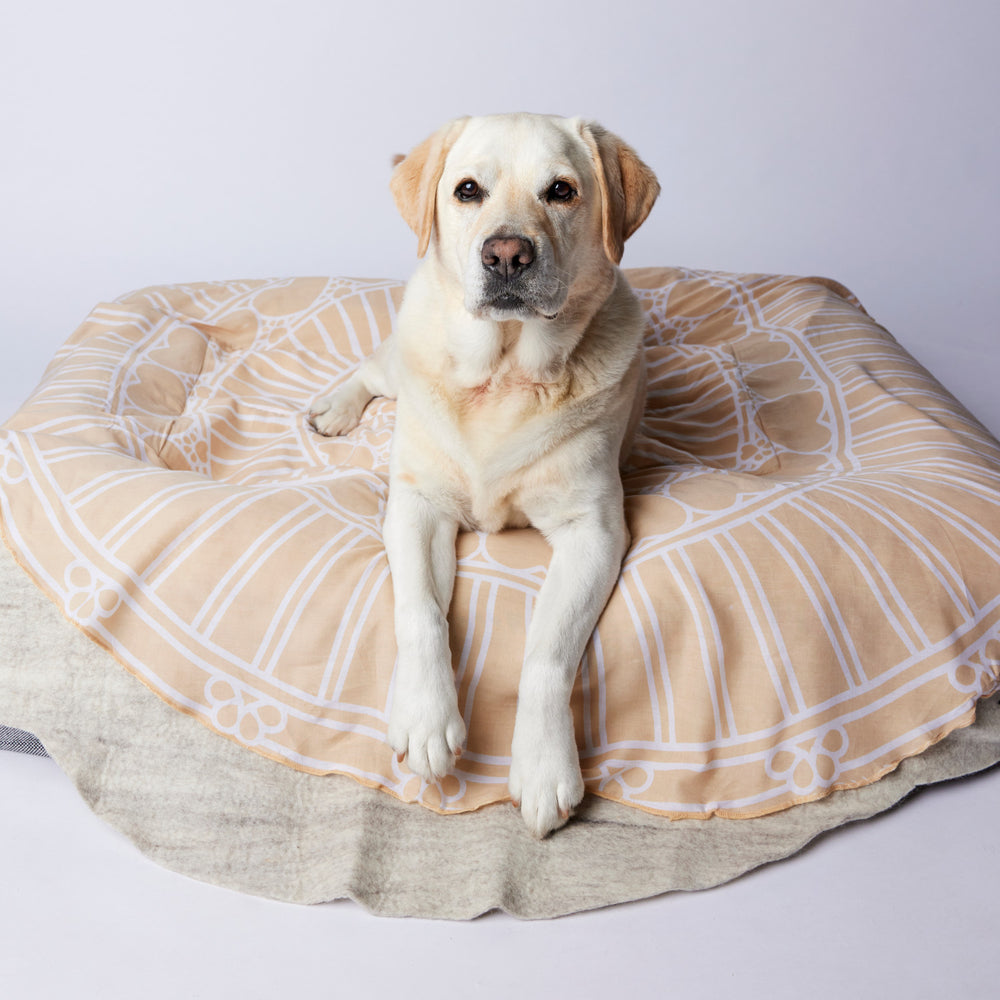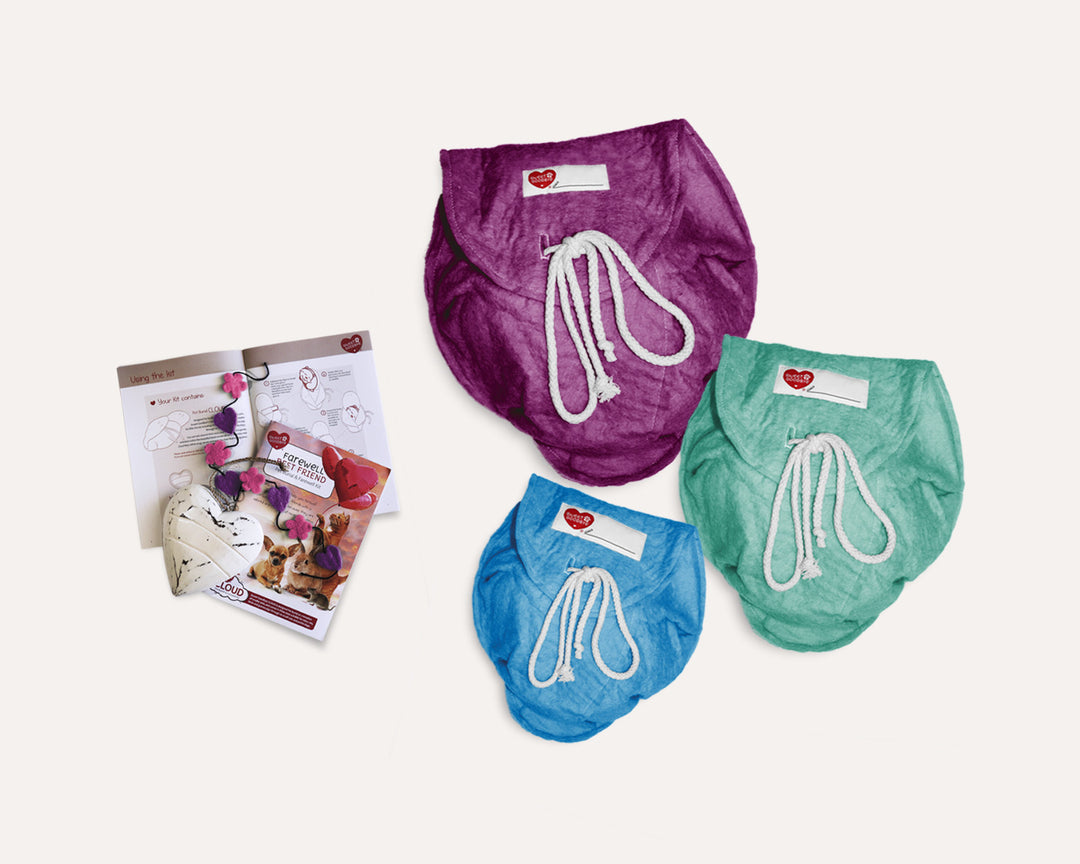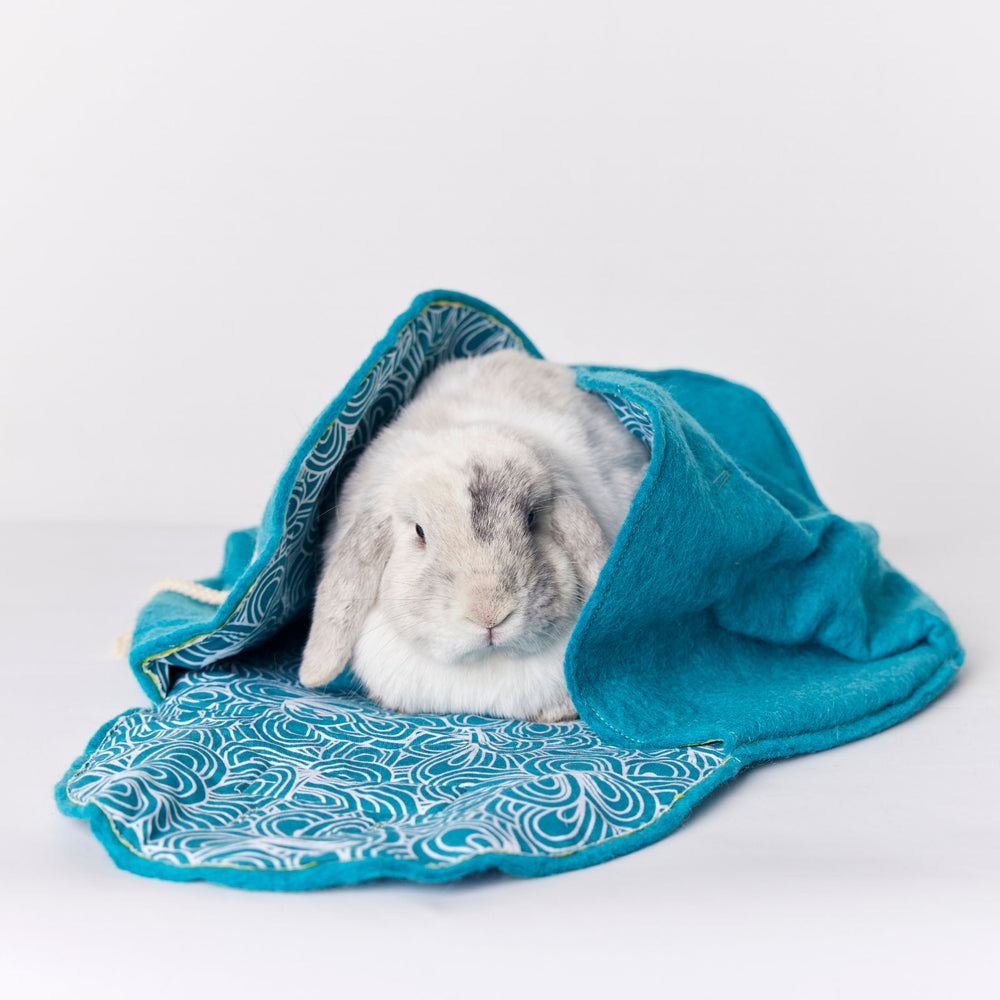How to Help Your Senior Pet Grieve the Loss of Another Pet

It’s never easy to lose a pet.
They become fixtures in our families and our homes and with the passing of a beloved pet, the grief of each member of the family can look very different. But what we often forget to think about are the senior pets who share our lives and homes, and are also coming to terms with the loss.
They are often very aware of the absence of their companion, however, we are unable to explain what has happened to them (as much as we wish we could!). This can make for an incredibly difficult and, at times, distressing, period of time for any pet.
Whether a pet sibling, friend or younger companion, loss for a senior pet can often be even more challenging. It’s very likely that your pets have formed strong bonds over a long period of time, and so the absence will impact not only their day to day life, but even things like social structures around the house - both of which will feel like a big change to your senior pet.
You may find that some signs of grief for senior pets are a cause of concern or alarm if you’re unsure what to expect. We know this can be a difficult time for every family, so this guide aims to provide practical advice to support the emotional and physical wellbeing of your senior pet as they navigate the sadness of losing one of their best pals.
Observe Their Behaviour
Just as each human grieves differently, so will each pet. Look for any changes in your senior pet’s behaviour, as this will provide insight into how they may be processing the loss. More often than not, these signs will reflect your pet needing additional attention, love and support, however, if a change becomes more drastic and prolonged, you may consider consulting a professional for advice.
Changes in your senior pet to keep an eye out for include:
- Changes in appetite: eating less or losing interest in food together. On the flipside, they may overeat as a way of dealing with stress.
- Changes in sleep: becoming less active, or spending more time sleeping.
- Searching for the missing pet: seeking their companion in the home, such as hovering near their belongings, or searching for them during key parts of their daily routine, such as meal times or walks.
- Become more vocal: expressing their distress verbally through increased whining, whimpering or meowing.
Maintain Their Routines
All pets, particularly senior pets, thrive on routine. The loss of a companion can feel like this has been completely thrown out the window. As much as possible, try to maintain consistency in your pet’s usual time frames for meals, exercise and bedtime. By having the comfort and security of their typical routine, this can help your pet feel like they know what is coming next in their day and feel less lost without their usual friend.
Prioritise Their Physical Health
Taking care of your pet’s physical needs can help in the grieving process. This is similar to how humans are encouraged to get outside and go for a walk, or maintain an exercise routine, to navigate the emotional rollercoaster of loss.
Paying extra attention to your senior’s pets physical well being could be something as simple as making sure they’re eating. If your pet is showing a lack of appetite, you could try feeding them out of your hand, moving their bowl to a different location to get them interested, or try variations of their favourite foods to get them excited about trying something new.
If you are finding that your senior pet is not engaging with physical activity as they normally do, take it slowly and persevere. Try with low impact activity and build gradually in a way that reflects your pet’s norm. Sometimes, even a play session with their favourite toy in the backyard is enough to get them moving in the early difficult days of loss.
Acknowledge and Praise Good Behaviour
As part of the grieving process, sometimes even the most well-trained of pets can express their heightened emotions through acts of rebellion - whether small or large. If this is out of the ordinary for them, you may be inclined to address them negatively. However, it’s important to remember that this is out of character for them for a reason. They are likely experiencing big emotions that they are struggling to comprehend and are acting out as a result.
Rather than reprimanding any bad behaviour, look for opportunities to reward good behaviour - at least for a little while. If you notice that this behaviour is becoming more of a habit, this will be time to introduce some more behaviour management.
Give Extra TLC
While this may seem obvious, never underestimate how much solace your senior pet may find in your presence and love. If your pet is exhibiting signs of more clingy behaviour after the loss, as long as you’re monitoring the extent and duration of this, showing them extra love, attention or cuddles when they ask for it won’t hurt (in fact, we highly recommend it!)
Remember that how your senior pet may grieve, and for how long, may be different to what you expect, or what you may have experienced before. As with any form of grief, there is no black and white rulebook.









